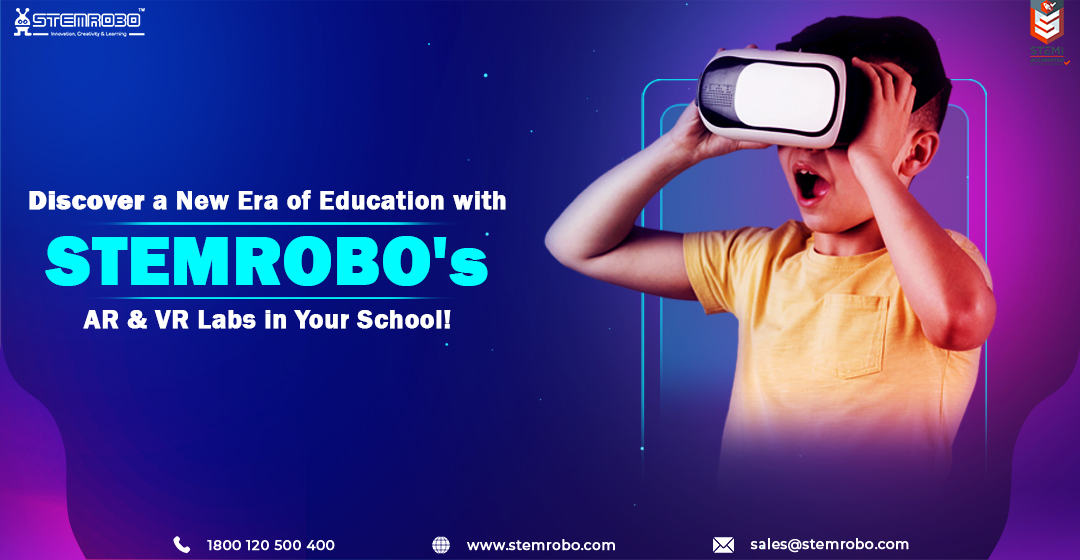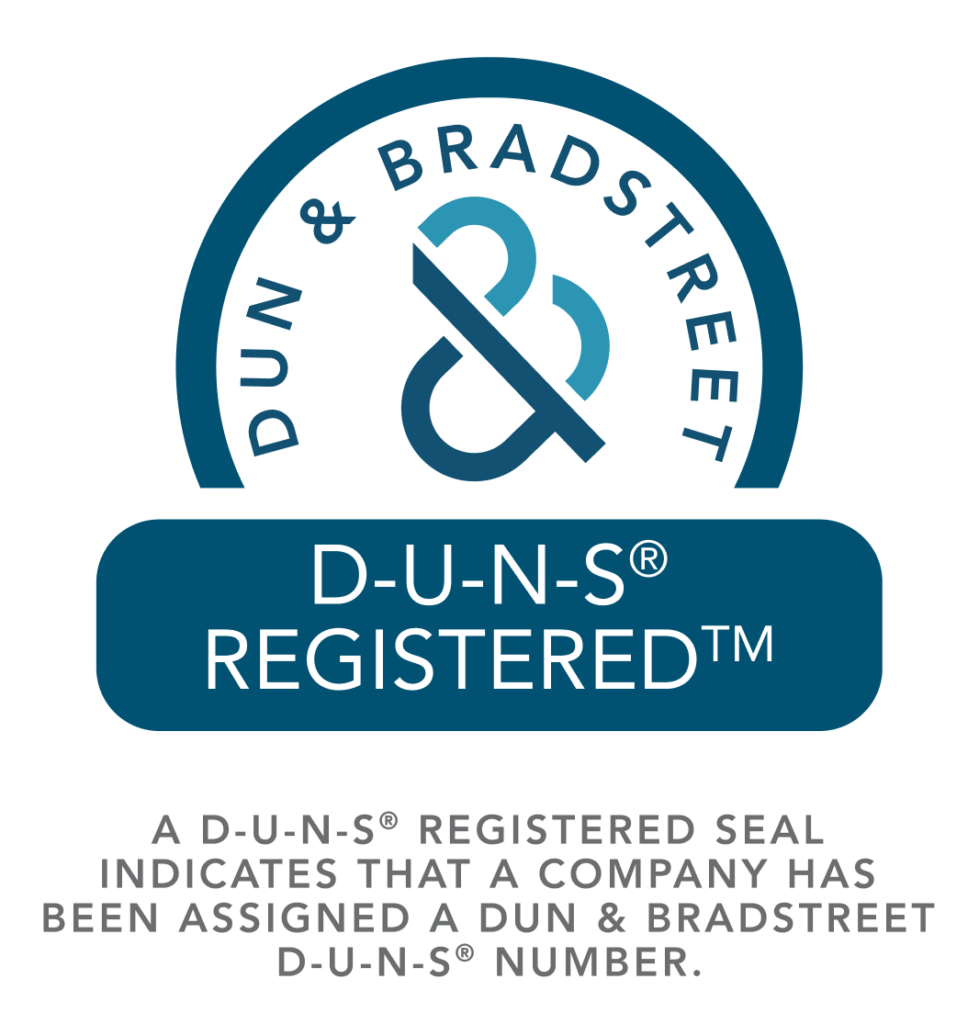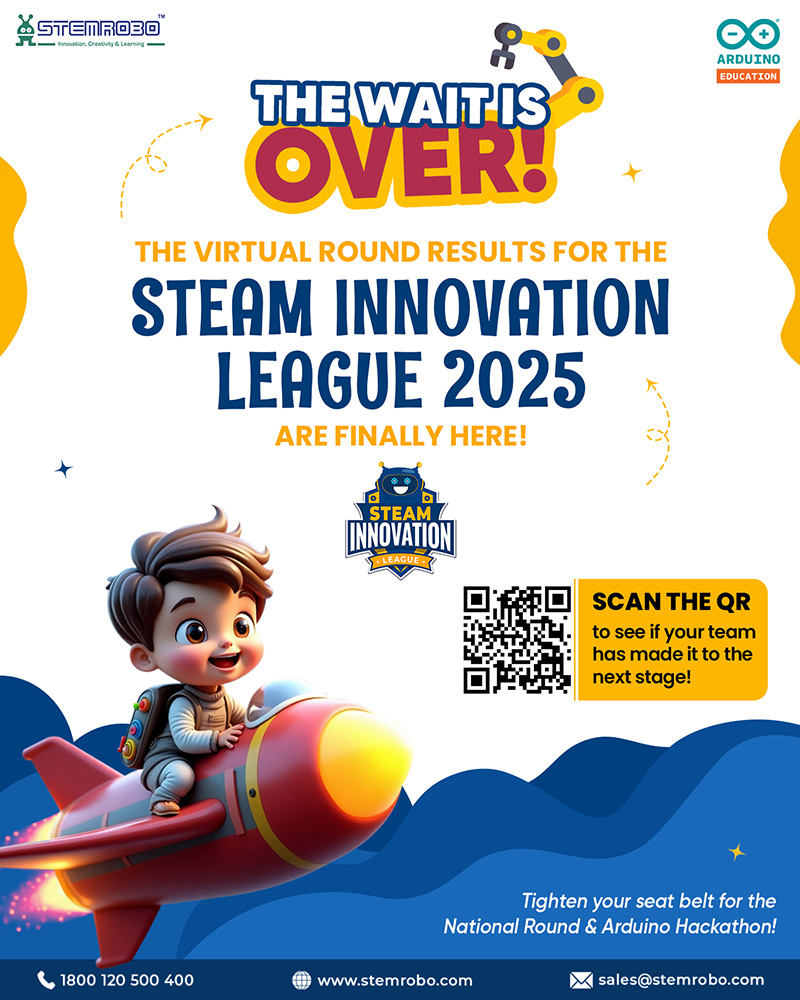The use of technology in education has become essential in preparing students for the challenges and opportunities of the 21st century. Two cutting-edge technologies, augmented reality (AR) and virtual reality (VR), have the potential to transform the way students relate to their academic environment and acquire knowledge. As educators work to create engaging and dynamic learning environments, developing an AR-VR curriculum for schools seems like a progressive and forward-thinking idea.
The way that education is taught is changing dramatically as augmented reality (AR) and virtual reality (VR) Curriculum for schools has become more and more prevalent in classes.
The educational advantages of AR-VR curriculum for schools especially students in the classroom go beyond the boundaries of the traditional learning environment, offering a cutting-edge and successful method of learning that meets the needs of today’s world. These technologies have the potential to significantly change education in the future as long as they keep developing.
Real-World Application:
Students may apply their academic knowledge to actual problems by using AR and VR to simulate situations from the real world. To improve their knowledge and memorization of subjects, students might, for example, get involved in virtual workplace environments, visit historical locations, or do virtual science experiments.
Getting Ready for Your Future Career:
Students are introduced to widely utilized technology in a variety of industries through the integration of AR-VR curriculum for schools. Their experience gives them a competitive advantage in the job market and prepares them for future careers in disciplines like engineering, design, medicine, and virtual collaboration.
Development of Skills:
Using AR and VR apps fosters the development of many different kinds of skills, such as decision-making, problem-solving, and critical thinking. As they explore and interact with virtual environments, AR-VR curriculum for schools also improve student’s understanding of technology, equipping them for the technologically advanced jobs of the future.
Global Connectivity:
Through the AR-VR curriculum for schools, Students can study by being at any location and can communicate with other students worldwide through virtual collaborations, which promote cooperation and communication across cultural boundaries. This prepares students for a globalized environment where the capacity to collaborate with various people is a necessary talent.
Excitation for learning:
AR-VR curriculum for schools makes learning more exciting for students. With the use of devices like VR headsets and AR virtual displays, students find it interesting to study by watching instead of simply reading textbooks. This increased interest may result in a more positive perspective on learning, encouraging creativity and growth.
At STEMROBO, we provide K–12 students with end-to-end solutions by giving them access to VR labs and resources that enable teachers to effectively teach children about any subject.
For integrating the AR-VR curriculum for schools, we provide our in-house app called STEMROBO AR, it is an app through which students can visualise any picture in 3D that is drawn on paper.
Along with this, we also provide Tinker N Design kits in which we have included several customized sheets on which different types of pictures are drawn.
We have designed that picture on the paper in such a way that when a student uses our app and places the camera on the paper it will automatically show the picture in 3D form.
By accepting the integration of AR and VR into the school curriculum, we are embarking on a revolutionary path that will lead to an educational journey that is more impactful, personalized, and engaging. The potential for increased involvement, practical application, diversity, and global interaction places AR and VR in a unique position to help students become ready for the challenges of the 21st century.







